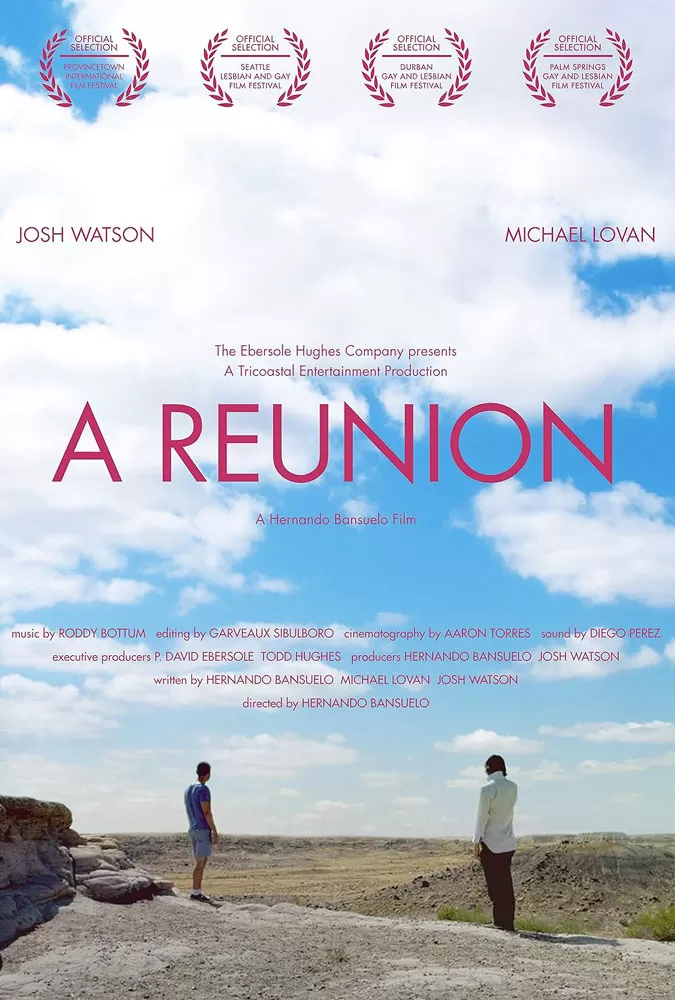The road trip genre often conceals complex emotional landscapes beneath its surface narratives. A Reunion (2014) exemplifies this tradition – a deceptively lighthearted yet brimming with unspoken emotional currents.
Michael and Josh’s journey to their college reunion serves as narrative scaffolding for deeper exploration. Beneath the veneer of nostalgic banter and crude humor (“That time you flashed the entire debate team!”) lies a meticulous excavation of unresolved tensions. Their highway banter reveals more than collegiate mischief – it becomes a linguistic minefield of half-articulated regrets and missed connections.
The Unsaid Dialogue: Comradeship Through Ambiguous Mirrors
This cinematic study in masculine intimacy operates through negative space. Extended glances during traffic stops, carefully timed silences after personal questions, and humor that ventures into uncomfortable territory create a psychological chiaroscuro. The film resists categorization as romance, yet pulses with the electricity of unconsummated possibilities.
A particularly telling campfire confession – “No one’s ever gotten through like you did” – hangs suspended between vulnerability and retreat. The subsequent detour to visit Michael’s pregnant ex-girlfriend serves as both emotional armor and self-sabotage, encapsulating the film’s central tension between connection and self-preservation.
Phantom Combat: Ritualized Vulnerability
The narrative pivots unexpectedly into surreal territory with a spontaneous ghost-combat sequence. What initially presents as comedic relief evolves into metaphorical revelation. Their improvised battle strategy (rocks versus spectral knives, cave ambushes accompanied by mock incantations) becomes ritualized trust exercise. The pretend self-sacrifice moment crystallizes their dynamic – simultaneous commitment and emotional cowardice.
Climax in Geological Time
The film’s emotional apex occurs not through dramatic confrontation, but geological containment. Sheltered in a wind-carved cavern, the protagonists’ carefully maintained facades erode. Michael’s confession unfolds with seismic simplicity: a decade of emotional isolation confessed through trembling admissions about happiness deferred and defenses dismantled.
This cave sequence masterfully inverts traditional romantic payoffs. The absence of physical consummation amplifies the emotional resonance, leaving viewers with haunting what-ifs rather than narrative closure. Through its restrained approach, the film achieves profound commentary on masculine emotional literacy – not through grand gestures, but through the archaeology of roads untraveled and words unspoken.


